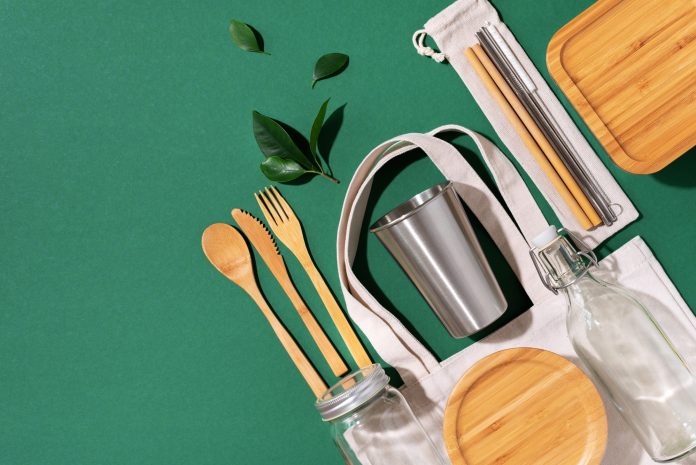The Australian Packaging Covenant Organisation (APCO) has launched the Recycled Material’s Pledge.
Designed to drive a greater uptake of recycled materials in packaging, the Recycled Material’s Pledge aims to challenge major brands to publicly commit the volumes of specific materials they will transition from virgin materials to recycled materials by 2025.
“The Pledge will give fresh impetus to the uptake of recycled content,” APCO CEO, Brooke Donnelly said.
“Being able to demonstrate firm commitments from businesses will showcase the significant demand that exists in the market for recycled materials – and give broader industry the motivation to step up to meet this demand.”
Ms Donnelly says that packaging becomes “truly recycled” when it’s used again.
“Significantly reducing our reliance on virgin materials will decrease the pressure we put on the planet’s finite resources and ensure that valuable materials are not simply lost to landfill,” she said.
Recycled packaging crucial
Increasing the use of recycled content is a core element of the 2025 National Packaging Targets and a critical factor in the establishment of a true circular economy for sustainable packaging in Australia.
Crucially, the development of the Pledge will help to signal the level of demand for recycled packaging materials in the Australian marketplace, and consequently help to drive increased investment in the necessary reprocessing capabilities.
How the Pledge works
Modelled on similar programs in Europe, the Pledge will allow APCO Members to make detailed commitments to the recycled material market and pledge their dedication to achieving specific 2025 National Packaging recycled material targets.
APCO will analyse and aggregate all Pledges, before sharing these insights publicly to provide much needed clarity over market demand.
This comprehensive view of future demand in our packaging, recycling and remanufacturing industries will allow APCO to bring together the needs of industry and governments to help facilitate the necessary reprocessing and manufacturing opportunities.
“For some businesses, the Pledge is the initial step in their sustainability journey while, for others, it will reinforce current commitments to circularity,” Ms Donnelly said.
“Regardless, the Pledge will help businesses to play their role in the development of a circular economy and work together to move Australia towards a more sustainable future for packaging.”
Australia has already made significant progress towards the 2025 National Packaging Target for recycled content, with the latest figures (2019-20) showing a current average of 39% recycled content included in packaging, against the Target of 50%.
However, progress lags towards material-specific targets, particularly for plastic packaging, which the Pledge initiative will aim to address.
To learn more, visit: apco.org.au/.





